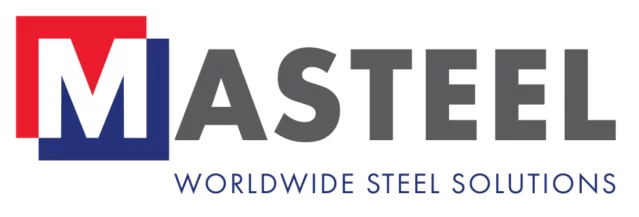Updated: Article originally published on 24/04/2017
Pressure vessels are hermetically-sealed containers that hold gases or liquids at controlled pressures; typically, at a regime that those substances would not normally be subjected to. There are well-documented hazards associated with pressurizing certain substances for ease-of-storage and transport purposes. Consequently, container design and manufacturing are strictly regulated by regional and international engineering authorities. Hence the need for specific pressure vessel steels and specifications.
Although the designation of pressure vessel steel may seem niche, these grades service an extremely wide range of markets. Common pressure vessel steels are found in domestic hot water storage tanks, compression chambers, petrochemical facilities, LNG tankers, hydraulic and pneumatic reservoirs, and so on. Despite handling an extreme variety of substances at varying temperatures and volumes, each of these applications is unified by the need for high-quality materials with the right thermodynamic properties for the job. Choosing the right pressure vessel steel for your application is subsequently crucial.
Several factors to consider are:
- Operating temperatures: Many compressed gases are stored at cryogenic temperatures, requiring steels with low brittle-ductile transition temperatures.
- Tensile strength: Pressure causes tension which can lead to material failure. High-tensile steels ensure that pressure vessels avoid this.
- Weldability: Forming a contiguous hermetically-sealed chamber from steel plates requires alloys to be highly weldable with low loss of mechanical properties following welding.
Here we will discuss some of the individual pressure vessel steel specifications in more detail, highlighting the conditions that each one is best suited for:
EN 10028 Pressure Vessel Steel
EN 10028 is the European standard for flat pressure vessel grade steels, replacing the original DIN and BS specifications. It covers alloys and non-alloys as well as weldable fine-grain steels. Pressure vessel steels that are specified under EN 10028 perform admirably in severe temperatures, both especially low and high. Typical stock specifications include:
ASTM A516 Pressure Vessel Steel
ASTM A516 covers pressure vessel steels with excellent notch toughness levels. Four distinct grades are offered with different tensile strengths and thicknesses to suit individual customer requirements.
At Masteel, we stock ASTM A516 Grade 60, A516 Grade 65, and ASTM A516 Grade 70, which have increasing tensile strengths. ASTM A516 Grade 60 has the lowest tensile strength of the three, and it is suitable for moderate and lower temperature service. By contrast, ASTM A516 Grade 70 is the highest quality pressure vessel steel of the three and is an ideal choice for service in lower than ambient temperature applications. Each of these pressure vessel steel plate ranges is certified as compliant with EN10204 3.1 or EN10204 3.2.
ASTM A537 Pressure Vessel Steel
ASTM A537 covers heat-treated pressure vessel steels used for fusion-welded pressure vessels. Plates that fall under this specification are normalized, quenched, and tempered to reach higher yields and tensile strengths. There are three classes of plates that are covered under this specification:
At Masteel, we supply Class 1 and Class 2 pressure vessel steels. Class 2 is a thicker plate and has a higher yield strength, but both classes are used extensively in the oil, petrochemical and gas industries worldwide.
ASTM A285 Pressure Vessel Steel
ASTM A285 pressure vessel steels are extremely weldable, with plates offered in maximum thicknesses of 50mm to maintain internal robustness. It is most commonly employed in low-pressure temperature-controlled vessels due to its low tensile strength. Though highly useful, these pressure vessel steels are often restricted to non-critical applications.
Read More: A Guide to Pressure Vessel Design and Manufacturing
At Masteel, we offer a wide range of pressure vessel steels optimised for specific areas of application. If you would like to place an order, or have any questions about out stockholding and supply chain, simply contact a member of the Masteel team today.

